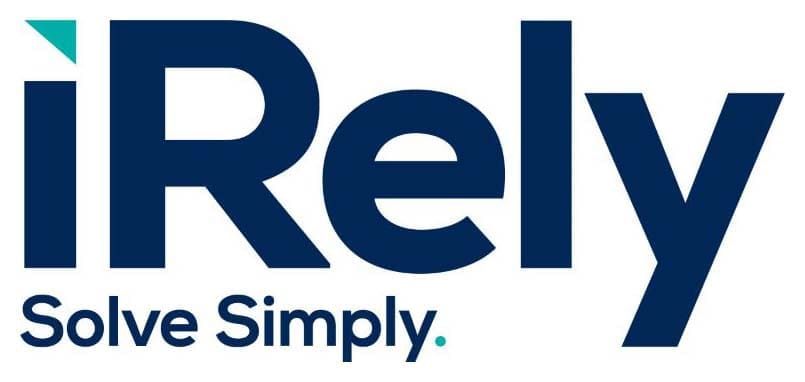The Role of the CFO in Digital Transformation
2020 was a challenging year for everyone, but for CFOs – the people responsible for managing the financial health of an organization – it was even more so. In the face of an unprecedented pandemic, CFOs had to find new ways to work, deliver strategic advice to help drive their companies through dramatic market changes, and implement technology to improve efficiency and reduce risk.
Today’s CFO is the right-hand of the CEO, both an accounting and finance expert and a multidisciplinary strategist. This strategist role was crucial in 2020, because Covid-19 forced companies to adopt new business models and change business processes. CFOs needed to find new ways to drive value in an upside-down world, a trend that continues in 2021.
Innovation In Finance Function
The world is changing, and CFOs are adapting.
- Today’s CFOs need a clear, accurate picture of their business in real time. Boards and CEOs want fast and accurate analyses, not data that is days or weeks out of date. CFOs must forecast more quickly and with fewer mistakes, so they need access to real-time data about all facets of their business at their fingertips – whenever and wherever they need it.
- Along with real-time data, CFOs need digital fluency. Today’s finance departments are investing in technology to streamline and automate processes. Today’s CFOs focus less on historical numbers and trends and more on analyzing data and predicting outcomes. They need reliable software to analyze real-time information and quickly and easily share conclusions with CEOs, boards, and team members.
- Technology research is an integral part of today’s CFO’s job. Understanding the latest technology options is essential to evaluating new opportunities to gain efficiency and improve accuracy. The CFO must assess current technology and trends to ensure they have the right technology to help their business thrive.
- CFOs also need to be flexible and ready to quickly pivot when required. One of the many lessons from 2020 – as businesses moved from in-person to remote and stayed that way for months – was the importance of agility. Companies were forced to move quickly without compromising performance, and CFOs had to rapidly assess viable options and choose the right path for their organizations. This need for agility remains, because getting real-time data is only useful if you can use that data to act.
- Being a great communicator has never been more important, because CFOs are talking to more stakeholder groups than ever. Today’s CFOs are sharing company messages and information with employees, customers, suppliers, and more, because CFOs are viewed as the most-trusted executive and most likely to focus on facts without spin.
The role of CFO is evolving, just as the world is evolving. It’s about more than financial expertise, it’s about being a top-notch strategist, a gifted spokesperson, a data scientist, and the company’s arbiter of change.
It’s a big job that continues to grow, and iRely can help. Our software was built by commodity experts and CPAs and is designed to manage the nuances of commodity trading, including procurement, trading, and financial management.
Learn how iRely can help you make smarter, faster decisions with real-time data and advanced analytics.
